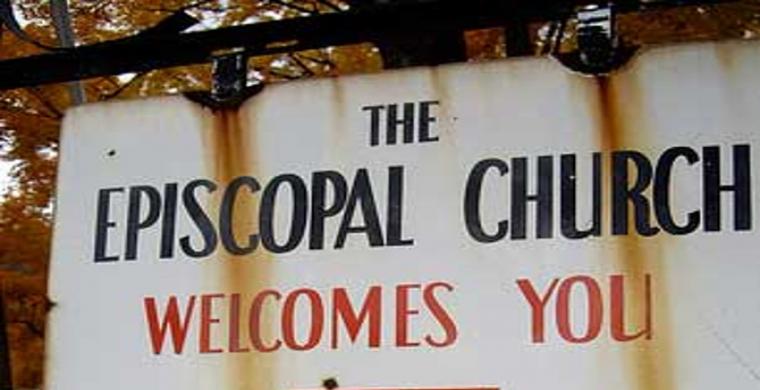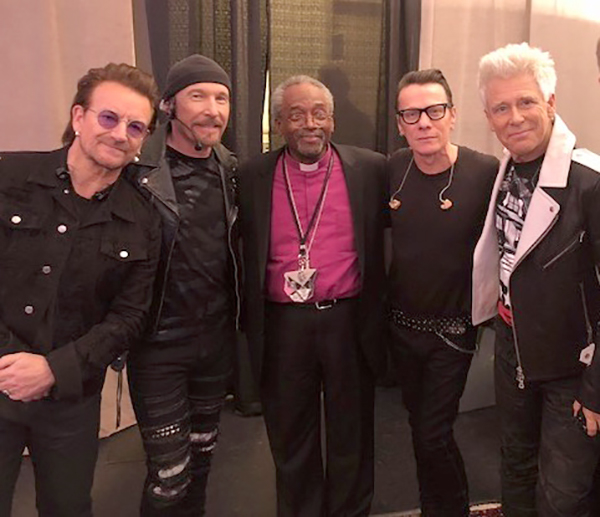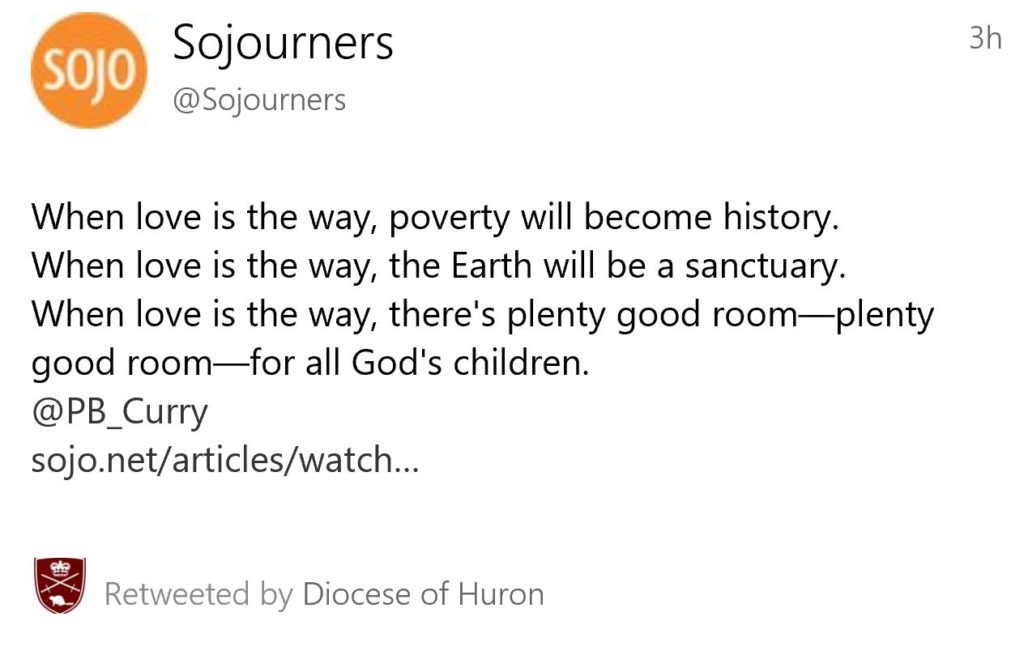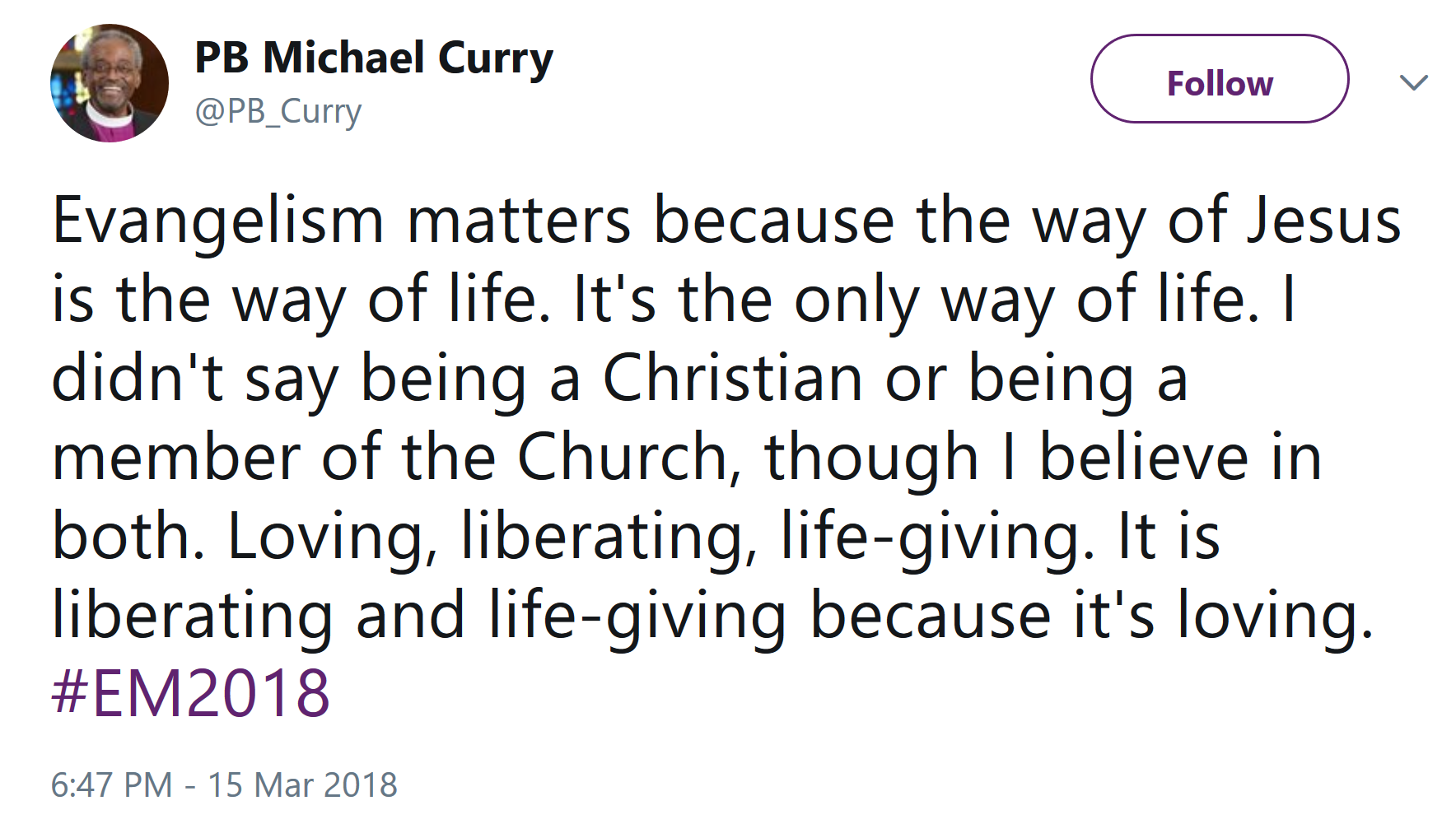
In 2020, the year of COVID, we all need a little cheering up so take heart, Christmas is almost upon us, and not only will you not have to put up with your relatives visiting, we have this heartwarming news from the US Episcopal church: by 2050 the entire denomination will be gone.
Presiding Bishop Michael Curry’s All You Need is Love theology, although a resounding hit at royal weddings, doesn’t seem to work as well in more mundane settings. A smattering of truth might help but The Episcopal Church has worked hard for decades to rid themselves of such a nuisance. Now we see the result:
The Episcopal Church might soon cease to exist, according to those who describe the denomination’s future as bleak based on plummeting membership numbers.
Attendance and membership numbers at churches within the mainline Protestant denomination have dropped significantly over the last decade, having lost one-quarter of worship attendees.
In 1966, when the church was said to be at its peak in the United States, approximately 3.6 million Americans identified as Episcopalian. The Episcopal Church’s Office of the General Convention reported that in 2018, membership in the denomination had dropped to 1.676 million.
Regular worship attendance in Episcopal churches in 2009 was approximately 724,000. By 2019, the figure was 579,000 on an average Sunday, a nearly 25% drop over a decade.
“The overall picture is dire,” the Rev. Dwight Zscheile, an Episcopal priest and professor, according to ChurchLeaders. “Not one of decline as much as demise within the next generation unless trends change significantly.”
He said that at this rate, “there will be no one in worship by around 2050 in the entire denomination.” Although offering pledges have risen, “the fact that fewer people are giving more money is not a sustainable trend over the long term,” he added.





 Read it all
Read it all